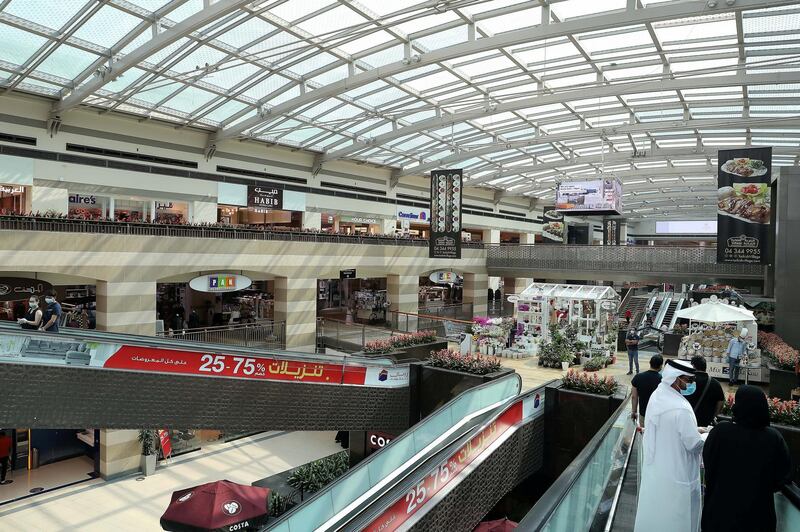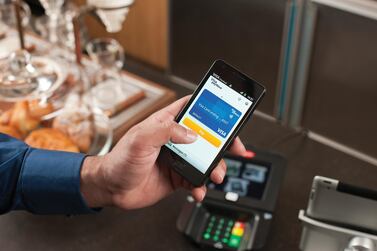One thing we are certain of following the Covid-19 outbreak is that businesses will not go back to how they were anytime soon.
The pandemic forced millions of us to shop online, and for many, it was their first time in doing so. Research by Mckinsey revealed that more than 75 per cent of American consumers experimented with different shopping options during the crisis. Value, convenience, and availability were the drivers behind their retailers of choice.
Even after different regions reopen, 73 per cent of Americans are still not comfortable with going back into their old out-of-home routines, which means that online shopping will remain a primary outlet for a while. Things aren’t very different in Southeast Asia either. A report by management consultancy Bain & Company and Facebook stated that 80 per cent of shoppers in Southeast Asian countries are likely to continue shopping online for groceries and other essential items, even after the pandemic ends.
So, what should retailers do? For starters they shouldn’t wait for things go back to how they were, because the more they wait, the more they could be losing their customers for good. This is what they should focus on instead:
Optimise the online experience
When I was experimenting with grocers, I faced a number of issues with large retailers who hadn’t optimised their websites for mobile use. Global retail e-commerce sales are projected to increase to almost double to $6.54 trillion (Dh24tn) in 2022, up from $3.53tn last year, which means that more people will turn to online shopping via their mobile devices.
As you work on optimising your website, ensure that you have a customer service system in place that caters to enquiries in a timely manner. With so many retailers competing for attention, it isn't hard for your customer to switch to a competitor if they felt neglected. This should be extended to your social media pages. Many customers ask direct questions regarding a product, price, and delivery under a retailer’s posts on social media, and there should be a two-way engagement to establish an initial relationship and turn that to a sale.
Optimise your Instagram page to include the shop feature that allows customers to see a product's price and make a purchase.
Rethink the in-store experience
For a while now, retailers across the world have been competing to offer unique in-store experiences to attract customers to visit them. The Electric Cinema in London, one of the oldest cinemas in the country, is known for its comfortable chairs experience. The cinema offers double beds in the front row, and each of its red, reclining leather armchairs comes with a footstool and a side table.
As more customers opt to shop online and stay in, your role as a retailer is to come up with a concept that would make them want to get out of their comfort zones and visit your store. If you operate a restaurant, what is it that you can offer to tempt your customers to dine in? For years, the Pizzeria Canti Prosecco in Harrod’s, London’s premier department store, attracted customers with its singing chef who entertains customers by performing opera while he works. With safety measures in place, you should also ensure that you offer a safe and healthy in-store environment that would encourage your customers to visit.
Offer your in-store services virtually
Move your in-store experiences online. What personal and convenient experiences could you offer? Personal shopping experiences could be held virtually. With the help of screen-sharing options on video conferencing tools, you could help your clients pick out the best option for furniture, fashion, arts and accessories. This is also ideal for those who had been offering workshops. Beaumont Etiquette is an example UK brand specialising in etiquette classes that became one of the options those interested in learning etiquette resorted to because it offers online webinars and classes.
Retailers shouldn’t use this slow period in terms of physical visits to wait and see how things turn out. This is an opportunity to digitise their business and their customer service, which could help them weather the current storm and the new normal that is set to follow.
Manar Al Hinai is an award-winning Emirati journalist and entrepreneur, who manages her marketing and communications company in Abu Dhabi






